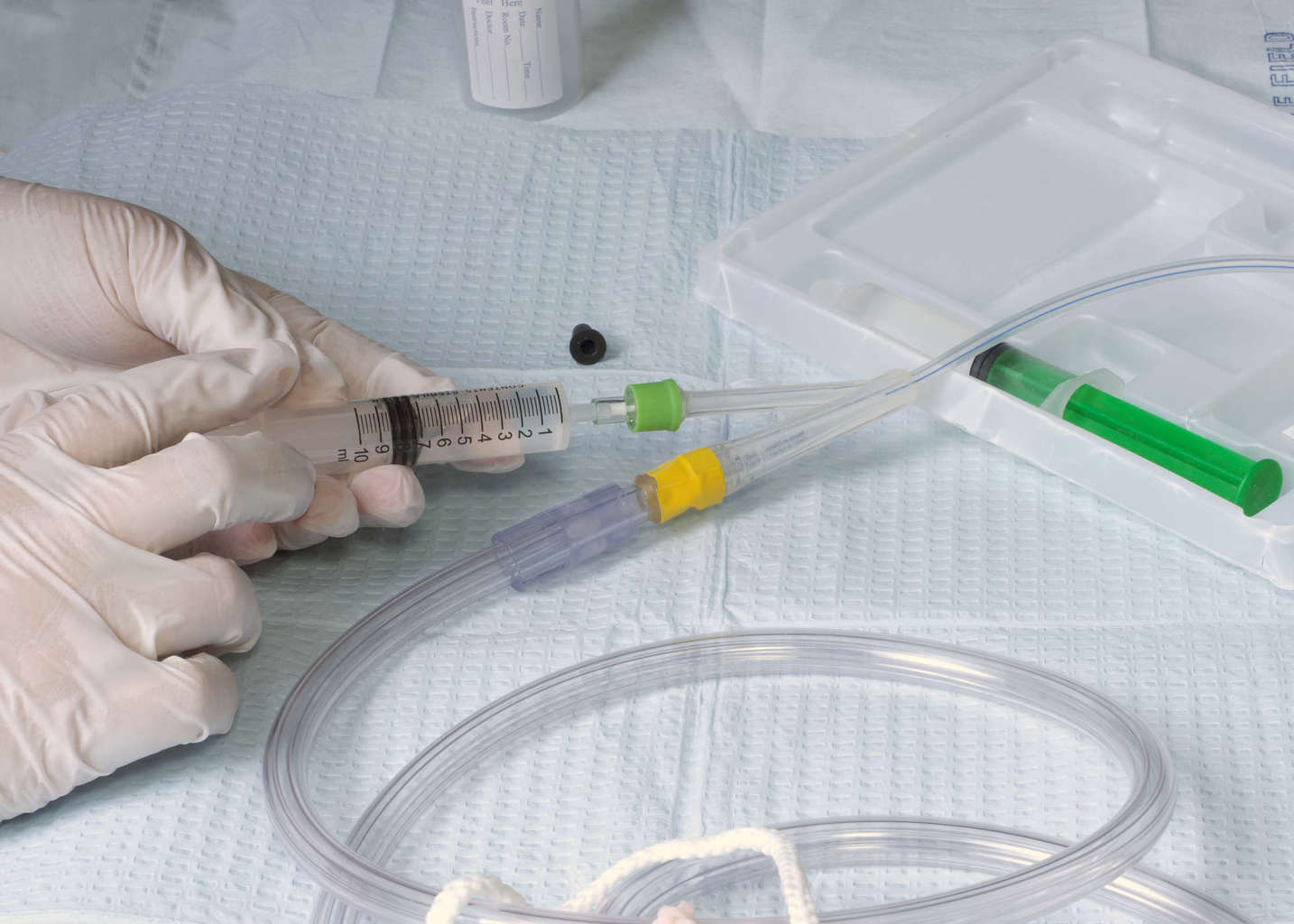Contents:
- Medical Video: Circumcision | Nucleus Health
- The penis in newborn baby boys has additional skin
- What if the penis is not circumcised?
- Sexually transmitted disease
- Penile cancer
- Inflammation and infection of the penis
- What are the benefits of circumcision?
- Urinary tract infection
- Prostate cancer
- So, is circumcision necessary?
Medical Video: Circumcision | Nucleus Health
In Indonesia, "circumcision" has become a tradition for young boys. Usually a party is held as a sign of family happiness that his son has dared to be circumcised. Behind this tradition, circumcision did indeed save various benefits, especially for boys. However, what about boys who are not circumcised?
The penis in newborn baby boys has additional skin
A newborn baby boy has an additional protective skin layer on the glans. This layer of skin is called the foreskin or prepuce. At birth, the prepuce is attached to the head of the penis and this is normal. Along with the growing growth of children, the prepuce begins to separate from the head of the penis naturally.
Preputium must be completely separated from the head of the penis at puberty or it can occur more quickly, when the child is 5 years old. Allow the prepuce to release naturally, do not force the prepuce to release more quickly.
As the child grows older, this prepuce will usually be removed or commonly called circumcision. Removal of prepuce (circumcision) is a tradition, a form of personal hygiene, or to prevent various diseases. However, for some people circumcision is not considered to be something to do.
What if the penis is not circumcised?
Uncircumcised penises need extra care. You must really clean your penis properly. Pull the prepuce until it is in a comfortable position and clean the visible head of the penis. After cleaning it, make sure there is no residual soap left. Soap can cause irritation to sensitive skin on the head of the penis.
Uncircumcised penises are more susceptible to certain bacterial or disease agents, so cleanliness must be taken care of. If not, then uncircumcised men can increase the risk of various diseases, such as:
Sexually transmitted disease
Uncircumcised men are more at risk of developing gonorrhea and inflammation of the urethra. Other sexually transmitted diseases, such as syphilis, human papillomavirus, herpes simplex, are also more common in uncircumcised men. In addition, the presence of prepuce in uncircumcised men is also a major risk factor for HIV infection. Non-circumcised men have an HIV risk of 2-8 times greater than circumcised men.
This can happen because the growth of agents that cause sexually transmitted diseases is more vulnerable to uncircumcised men. Elimination of prepuce or circumcision can protect men from various diseases.
Penile cancer
Penile cancer can occur in uncircumcised men, and can cause death by 25%. Several studies have shown that no circumcised men at birth have penile cancer. In addition to penile cancer, uncircumcised men can also have prostate cancer with a possibility of 50-100% greater than circumcised men.
Inflammation and infection of the penis
The uncircumcised penis can experience various inflammation, such as inflammation of the glans (balanitis), prepuce inflammation (posthitis), and inflammation of the penis head and prepuce (balanoposthitis). Men who are not circumcised can also experience phimosis, namely the inability of the prepuce to be pulled back, and parafimosis, ie the condition of the penis is pinched because the prepuce cannot return to normal position. This condition is common in uncircumcised men and is very rare in circumcised men because the prepuce has been removed.
What are the benefits of circumcision?
Circumcision is a surgical procedure that can certainly be painful. The problem you can experience while doing circumcision is pain, risk of bleeding and infection, irritation of the penis head, and risk of penile injury.
But behind the risks you receive, you will get health benefits. Although it only removes a little skin on the penis (prepuce), it is proven that this can prevent various diseases, such as:
Urinary tract infection
The incidence of urinary infections in men was found to be lower in circumcised people compared with uncircumcised ones. A 1982 study showed that urinary tract infections were more common in male infants than female babies, and it was later revealed that 95% of infants who had this infection were not circumcised. Circumcision can prevent bacterial growth under the prepuce, so it can protect you from urinary tract infections.
Prostate cancer
Circumcision can protect men from the risk of prostate cancer, as has been proven by research at the University of Quebec's INRS-Armand-Frappier Institute in Montreal. The study found that circumcised men when babies had a 14% lower risk of developing prostate cancer compared to uncircumcised men. Furthermore, circumcised men at a larger age also were 45% less likely to suffer from prostate cancer compared to uncircumcised men.
In addition, circumcision can also reduce the risk of sexually transmitted diseases, prevent penis problems, and also reduce the risk of penile cancer, as mentioned above. Circumcision also makes it easy for you to clean the penis. A penis that is kept clean can help prevent various problems related to the penis.
So, is circumcision necessary?
It has been explained above that the benefits obtained from circumcision are more than the disadvantages in terms of health. Circumcision has been shown to prevent men from various diseases. The American Academy of Pediatrics (AAP) has also found that the health benefits of circumcision in newborn boys is greater than the risk. However, circumcision may not be recommended for premature babies.
If you are not circumcised, that does not mean you must be circumcised immediately. Avoid the risk of various diseases above, especially sexually transmitted infections, by cleaning the penis carefully every time you take a shower and after urinating. Don't forget to use protectors every time you have sex.












